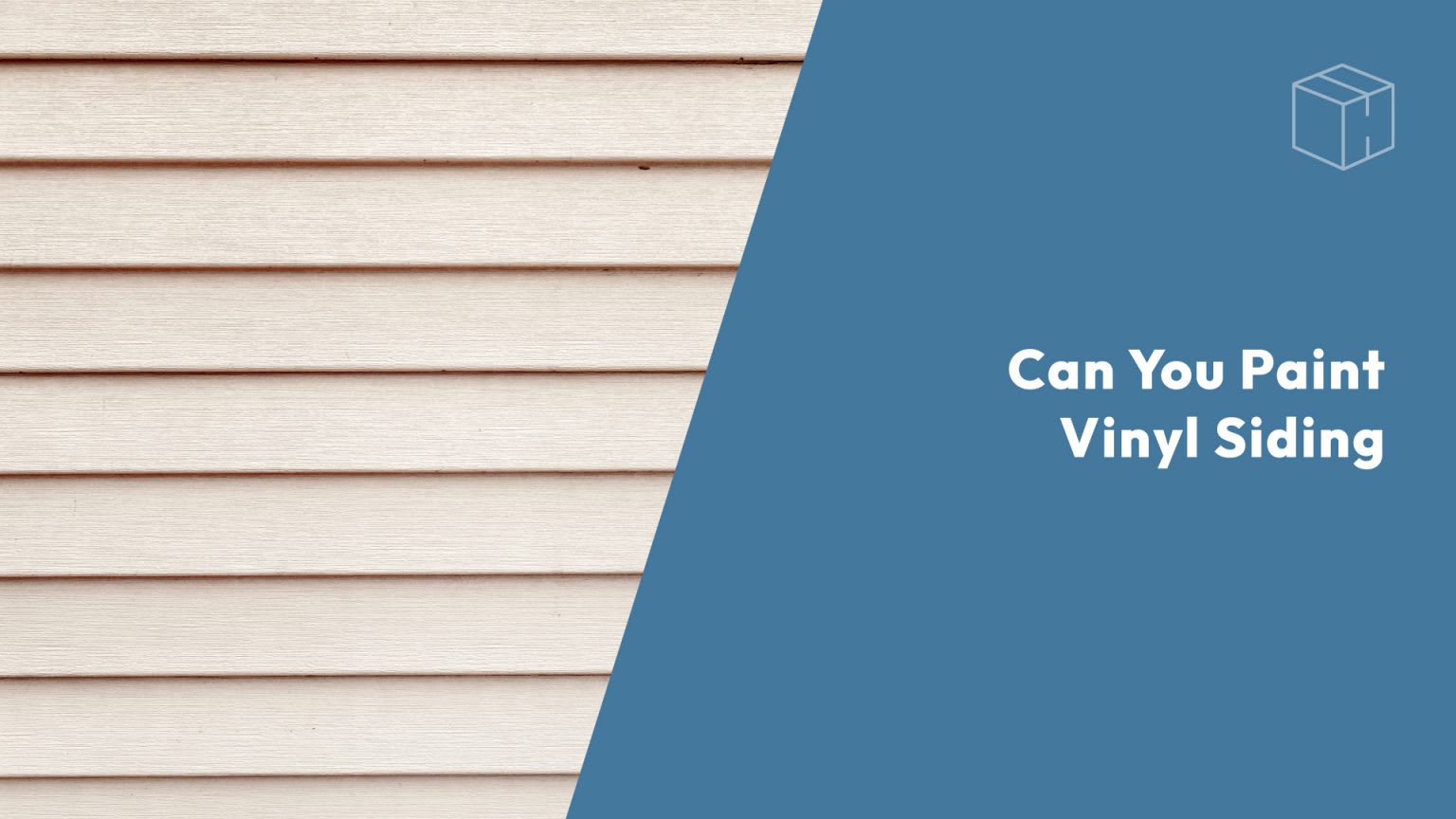
Has your vinyl siding become worn, or do you no longer like the color? Are you wondering if you can paint over it instead of replacing it? The good news is you can paint vinyl siding; however, you will need to follow a specific set of instructions to preserve the quality of your siding. It’s important not to cut corners. You should hire a professional if you want to avoid undertaking the process. If you choose to paint the siding yourself, here are the following expert tips.
Check for Damage— If there is cracking, warping, loose, or broken pieces, painting will cause further damage. For instance, damage caused by wind, hail, or rocks leaves holes that painting siding cannot correct. Moisture, pests, mold, and nesting can still infest and cause problems. Painting your siding is a cheaper option, but only a better one if the siding is still in good shape. If not, it’s better to spend the extra money to replace those damaged portions. Painting over damaged siding will also void any warranty you may already have. Also, if any damage requires a claim, check with your insurance company before painting, as they may not honor the claim if the vinyl is painted.
Clean the Surface— The paint will not adhere properly and peel prematurely if the siding is dirty. Prepare before you paint by thoroughly power-washing the entire surface, taking care not to get water behind the vinyl siding as that can eventually damage it. Remove mold, mildew, and build-up. Allow the siding to dry completely before painting.
Choose the Right Paint and Color— Always use vinyl-safe paint formulated with latex urethane and acrylic resins to protect vinyl siding from damage. You also must use either the same color or a lighter one since a dark color will heat up in the sun and cause bowing and warping. Use a paint sprayer rather than a roller because it is faster and will leave a smoother finish. If you’ve never used a sprayer, have a professional who has experience with the equipment apply it. They will ensure an even coat so that the old color will not bleed through. Normal fading is to be expected, but if done right, newly painted siding should last ten or more years. In addition, use a primer before painting if the vinyl is porous. Apply multiple thin coats of paint.
Paint during dryer weather— The temperature should be mild with low humidity and not too sunny or windy during and a day after painting. Otherwise, painting during inclement and hot, humid weather can cause cracking and flaking.
Painting your vinyl siding is doable and can enhance the appearance of your home’s exterior after years of fading and wearing. Although it is a cheaper option, weighing each factor before you take a brush to the surface is important. With damage or poor insulation, investing in siding replacement may be more economical. Although, by carefully following these steps, you can greatly improve the color of your siding with paint if that siding is still in good condition.




